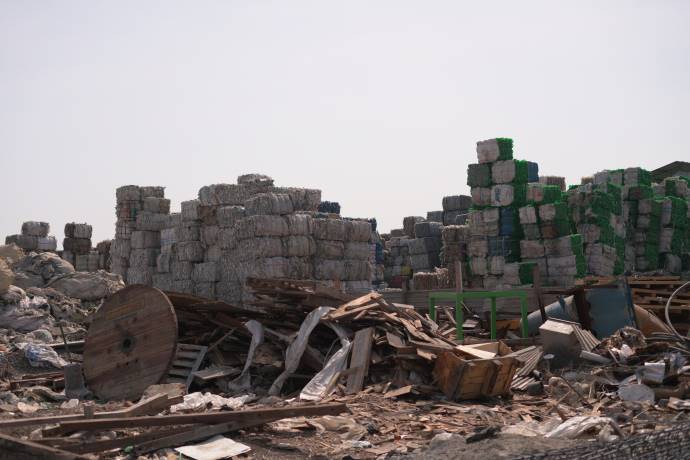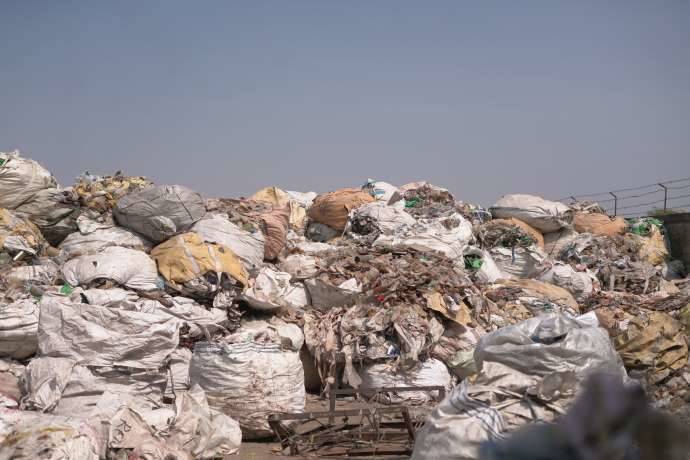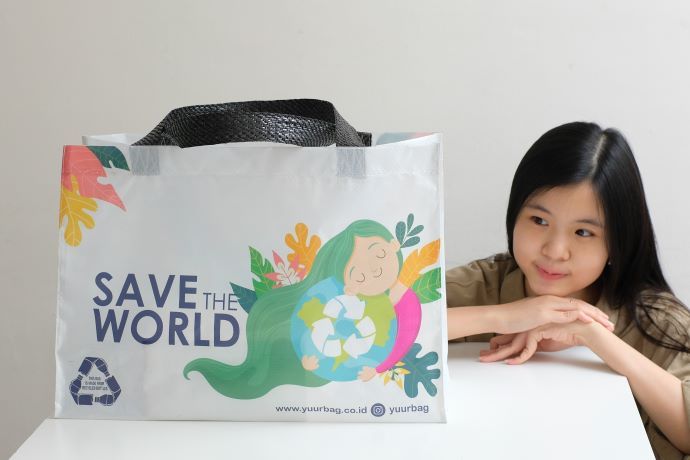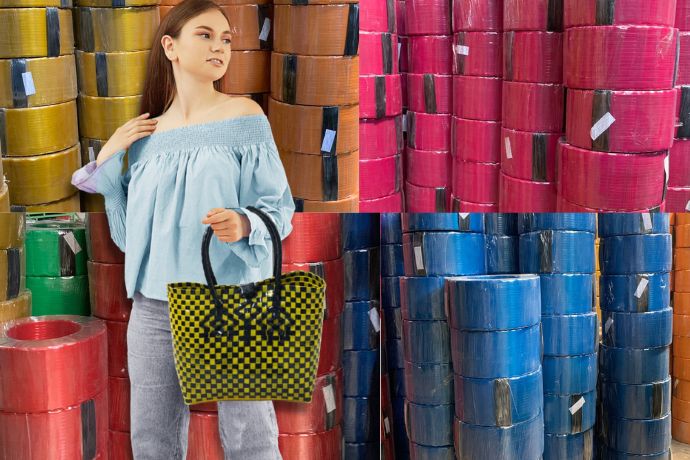Virgin vs Recycled Polypropylene: What You Need to Know
Key Takeaways:
- Virgin PP delivers peak performance — With superior mechanical strength, heat resistance, and chemical stability, virgin polypropylene is ideal for high-demand sectors like automotive, medical, and food packaging.
- Recycled PP balances cost and sustainability — While slightly lower in strength, recycled polypropylene is more affordable and eco-friendly, making it suitable for products like FIBC bags, furniture, and geotextiles.
- Blending both can optimize results — Many manufacturers now combine virgin and recycled PP to meet performance needs while reducing environmental impact and material costs.
If you’re in manufacturing, packaging, or construction, choosing the right polypropylene (PP) can make or break your product’s performance.
We get it—there’s a lot of talk about sustainability, but at the end of the day, you need material that gets the job done right.
So, is virgin or recycled PP the way to go? Let’s break it down in a way that makes sense.
What is Virgin Polypropylene?
Virgin polypropylene is the gold standard of PP—it’s brand new, straight from petrochemical sources, and hasn’t been through any processing or recycling.
Why Choose Virgin PP?
- Unmatched Strength & Durability – Handles heavy loads with ease.
- Superior Chemical Resistance – Stands up to harsh substances.
- High Heat Tolerance – Ideal for high-temperature applications.
- Consistent Quality – Perfect for industries that need reliability.
Where is Virgin PP Used?
Because of its top-tier properties, virgin PP is widely used in:
- Automotive parts (bumpers, dashboards)
- Medical supplies (syringes, lab equipment)
- Industrial containers
- Food-safe packaging
While it’s strong and reliable, virgin PP comes with a higher environmental footprint, making many businesses rethink its use.
Also Read : Step by Step Guide - Switch from Virgin to Recycled Polypropylene
What is Recycled Polypropylene?
Recycled PP takes plastic waste—post-consumer or post-industrial—and gives it a second life. It’s a smart choice for companies looking to cut costs and reduce environmental impact without sacrificing usability.
Why Choose Recycled PP?
- Eco-Friendly – Reduces plastic waste and conserves resources.
- Cost-Effective – A budget-friendly alternative to virgin PP.
- Versatile – Works well for many applications.
Where is Recycled PP Used?
Recycled PP may have slightly lower mechanical strength, but it performs exceptionally well in:
- Woven sacks & FIBC bags
- Household goods (storage bins, furniture)
- Non-food packaging
- Geotextiles & outdoor products
At Langgeng Jaya Group, we use cutting-edge recycling technology to produce high-quality PP granules and pellets that rival virgin PP in durability. (Check out our recycled PP)
Also Read : Recycled Polypropylene in Durable Plastic Furniture Production
Virgin vs. Recycled PP: Head-to-Head Comparison
| Feature | Virgin PP | Recycled PP |
| Strength | High | Moderate |
| Durability | Long-lasting | Slightly lower lifespan |
| Chemical Resistance | Excellent | Moderate |
| Heat Resistance | High | Lower than virgin PP |
| Cost | Higher | More affordable |
| Environmental Impact | Higher carbon footprint | Sustainable choice |
Also Read : Blending Virgin & Recycled Polypropylene: Best Practices
Mechanical & Thermal Properties
If you need top-tier strength and heat resistance, virgin PP is your best bet. But if you’re looking for an eco-friendly, cost-effective solution, recycled PP does the job without compromise.
Making the Right Choice for Your Business
- If high performance and reliability are your priority, virgin PP is the way to go.
- If cost savings and sustainability matter more, recycled PP is a smart alternative.
- Some industries blend both materials for the best of both worlds.
Also Read : 5 Things You Need to Know Before Purchasing Recycled PP Granules
The Future of Polypropylene
Thanks to rapid advancements in recycling, the gap between virgin and recycled PP is closing fast. More businesses are adopting sustainable materials, making recycled PP a viable option for high-end applications.
Stay ahead of the curve—get the latest insights on polypropylene and sustainability. (Visit our blog)



